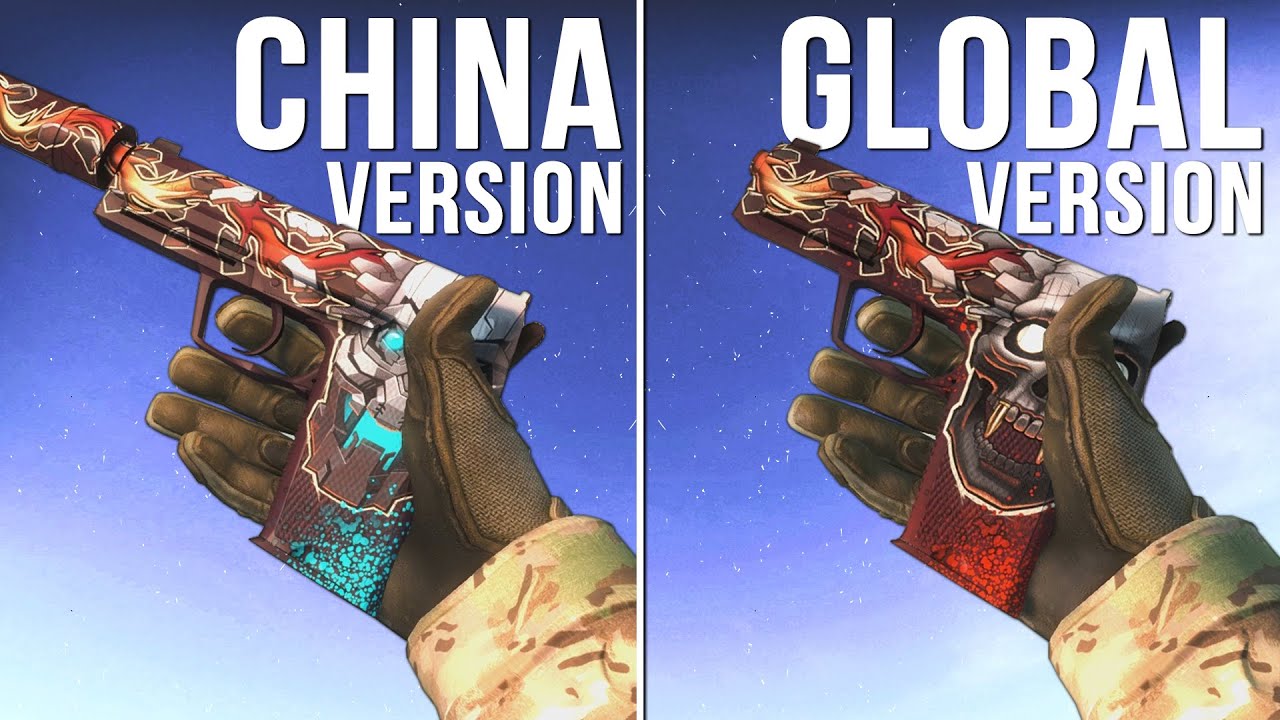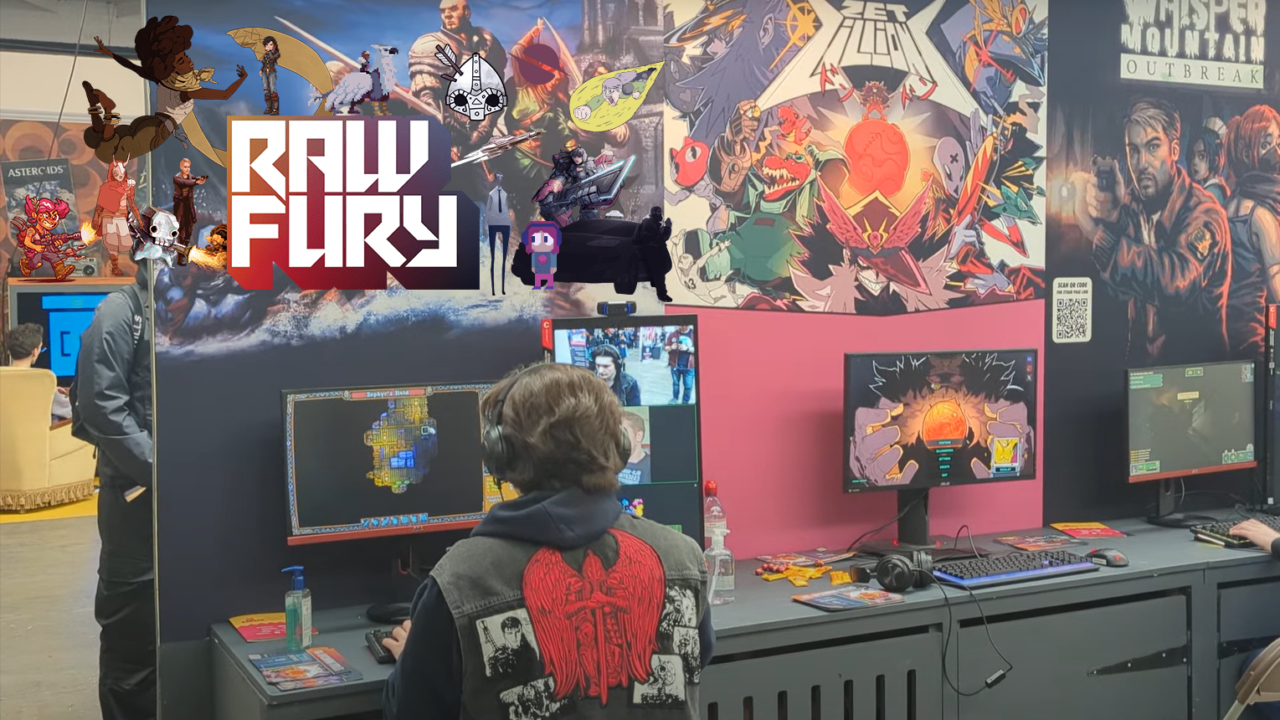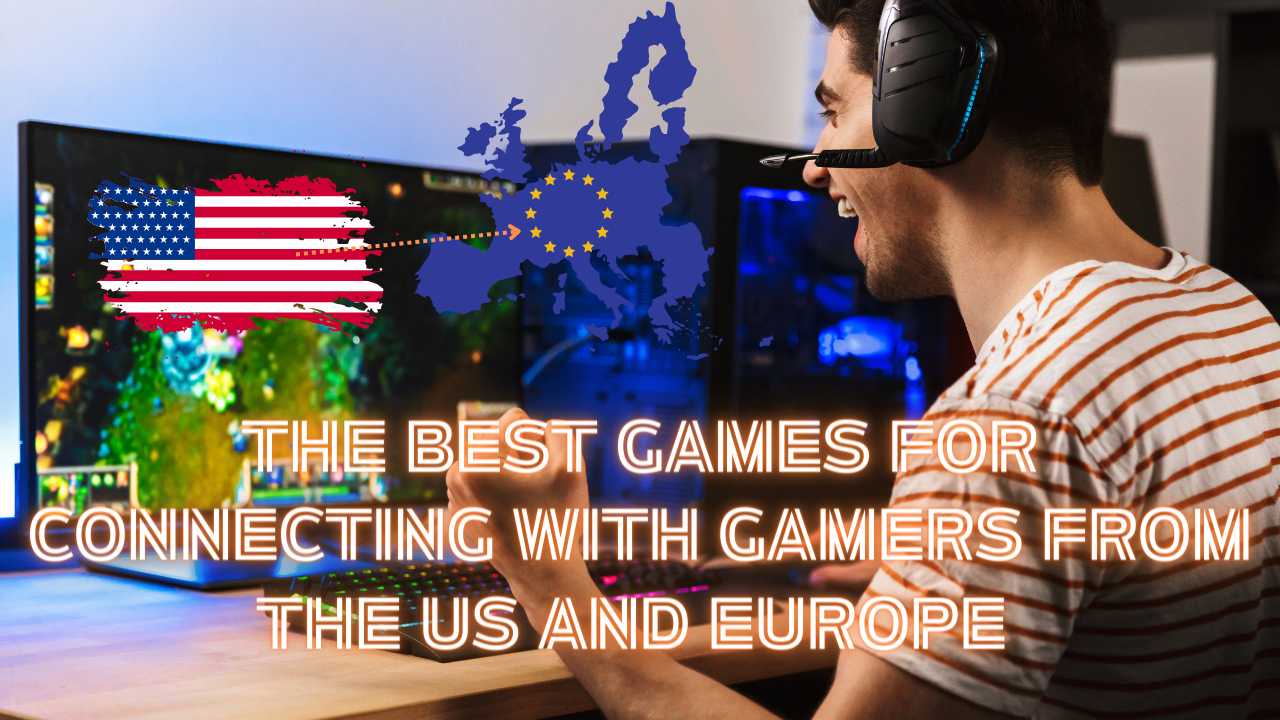China Version, an extraordinary and wired situation in the video game industry. It affects almost every games from China. What exactly the China Version is? What huge impact does it have? Why is it scornfully called “Prison” by gamers? It is time to unlock the secret!
Aim…shoot!
On a relaxed and pleasant Friday night, Lu Zhao, an international student from China were having a fierce CS: GO (Counter Strike: Global Offensive) game competition with his British friend in a cybercafe in Sheffield, UK. On the screen, their characters were holding submachine guns, fighting enemies across the street, and bursts of gunshots were heard in the headphones.
Since arriving in Sheffield last September, Lu has achieved one of his tiny goals: to finally play the global version of CS: GO that he believes “normal people should play.”
“If I had not come to the UK, I would not have had the opportunity to meet so many foreign friends who play games together, absolutely not.” Lu says: “Because I can only play China version before, I have to say that it is so terrible.”
“For those CS: GO players in other countries, we Chinese never existed in the game.”
In fact, what Lu says may not be an exaggeration. It all started in 2009 when the Chinese government formally established the Video Game Management Act, and the Chinese gaming market began an unprecedented “great purge” of video games and the companies behind them. The act claims that any game that wants to operate in mainland China must only have “positive and beneficial” content. Any game that involves “sensitive content and harmful to the physical and mental health of young people” will be banned.
So the question is, what is “sensitive content”? How do people define the boundaries between “beneficial” and “harmful”? No one knows the specific explanation, or it can be said that all the right of explanation lies in the hands of the government. Finally, to successfully occupy the huge Chinese gaming market and avoid touching the government’s red line, the “China versions” launched by major world-renowned game companies was born.

Alan Wang, 24, a Chinese gamer who is full-passionate about Minecraft, expresses his disgust for the China version of the game:
“When I first heard that Minecraft was going to launch a Chinese version, I was looking forward that it would add some unique new things. But there is no doubt that my idea is stupid.
“The so-called China version deletes all content that they (government) think can be harmful, such as the bleeding effects in the game; monsters with ‘religious symbols’ such as zombies and skeletons; even they are worried about ‘misleading sentences against the Chinese government’ so that the whole game’s chatting system has been deleted! Honestly dude, what are they afraid of? “
With no other choices, Alan started using a VPN to play the initial global version of Minecraft three years ago. Even though this may bring risk of being questioned or punished by the government for “illegal use of the Internet.”
Alan says: “I have no other ideas. I’m just an ordinary person who wants to play games with those around the world. I feel that the Chinese version of Minecraft is definitely not a satisfying game, or even a common game.”

This situation doesn’t happen only with CS: GO and Minecraft. Many popular game companies, including Nintendo, Sony, and Steam, have launched “China versions” of various games and devices, in order to avoid the trouble caused by China’s censorship mechanism, and to continue to obtain benefits in China.
Just like many isolated islands, these China version of games was built outside the world called “Global gaming community” with a huge network firewall. People “living” in the China version have difficulty seeing the outside game world. If they don’t play abroad or use a VPN, they may never be able to meet other gamers worldwide.
Besides, the China version’s significantly deleted or adjusted content not only affected the gaming experience of normal Chinese gamers, but also had an impact on related video game industry.
Related Articles:
Related Articles:
Hanna Yang, 25, a live streamer with more than 200,000 fans on the Chinese video platform Bilibili, explains the completely different effects when she plays the Chinese version and the global version.
“Take the game Genshin Impact that I recently play as an example. When I was streaming the global version, the number of people in the live streaming room is obviously 500-600 more, and sometimes there are about 1,000 more people.”
Hanna claims that one of the main reasons for this is that when she uses the VPN to play the global version, she can show some content that is not available in the China version. This content attracts other players in China who cannot use VPN or do not know how to play the global version to watch.
“Some missions or stories in global versions will explore a lot of in-depth content, such as LGBTQ and the dangers of sexual assault. It is difficult for these contents to appear in the Chinese version, but it is obvious that people are more interested in them.
“One of my female fan gamers told me that she was disappointed that content discussing about feminism can not appear in games in our home country, and she hoped that I could show more ‘outside’ content.”
Hanna also adds a unique phenomenon in China’s game live-streaming industry: the Chinese and global versions are separated by the firewall. Many Chinese players are curious about foreign players’ game reactions and chat content. This gave birth to a special popular livestreaming area: “Playing and chatting with foreigners.”
“I think this is because we can’t see players from other countries in the China version. Everyone is unfamiliar with foreigners’ gaming life, so they really want to see how they chat, think and play the same game.”
“For me personally, I once did a live-streaming with an American person. I chatted with him while playing the international version of PUBG. Many fans said this was very funny.
“It was the first time they saw how an American player thought about plans in this game. The income from that streaming was 800 yuan (£80), which was about 40% higher than usual.”
Now, a key question that might be asked is that almost all references to China versions of games are unsatisfactory “defective” products. So why do many global game companies still choose to produce China versions of popular games despite being criticised by Chinese gamers?
Leon Riskin, 36, a game programmer at Hidden path, an American game company, and participated in the development of Peace Elite (one of the China version of FPS gaming) three years ago, says:
“Our survey shows that almost half the country’s population are gamers, and China maintains its stronghold in the global gaming industry. We certainly believe that this country has emerged as a dominant force in e-sports, game development, publishing, and tournament organisation.
“I have to say, we’ve all heard the bad vibes about Peace Elite – and I’m sure we’re not the only game studio got it. We fully understand what these Chinese gamers want.”

Leon explains that when Peace Elite was released, it gained a lot of love from Chinese players. Its first-month income was as high as US$200 million. However, this also attracted the attention of relevant Chinese authorities. A non-offensive name (PUBG’s original name included the word “Battlegrounds”, which was considered bloody and violent) did not allow it to escape the results of a second review.
“We were then told and asked to make changes, otherwise it can not be released in the People’s Republic of China.
“We were told there couldn’t be red blood in the game, and those gun models couldn’t be too realistic. A yellow outfit was even removed from the game store because it might be connected to the protests in Hong Kong at the time, that is something about national security.
“But it is impossible to give up the Chinese market. It’s definitely a big apple isn’t it? This was a country with 710 million gamers in 2023.”
When said about this, Leon smiled helplessly.
“But anyway, we still think the Chinese market is big enough and diverse, and many gaming companies must accept a fact that it is still difficult for the vast majority of Chinese players to use VPN all the time now.
“This is not an easy thing for them. So we do need a China version, even though it cuts out some content or isn’t allowed to play with other players around the world.
“The good point is it allows people to position games as a premium choice for Chinese players who prefer gaming experiences in their native language, and the China version can gradually build momentum and cultivate a dedicated player base over time.
“Luckily I think Chinese people at least still have the right to play these video games, rather than being completely banned like North Korea. And I believe that the Chinese official’s ideas may not be entirely bad. These strict rules can exactly reduce some of the negative parts of cybercrime.
“Although it may take a long time, I personally believe such strict regulations will eventually be relaxed, and by then the situation in the Chinese gaming market may change.”






